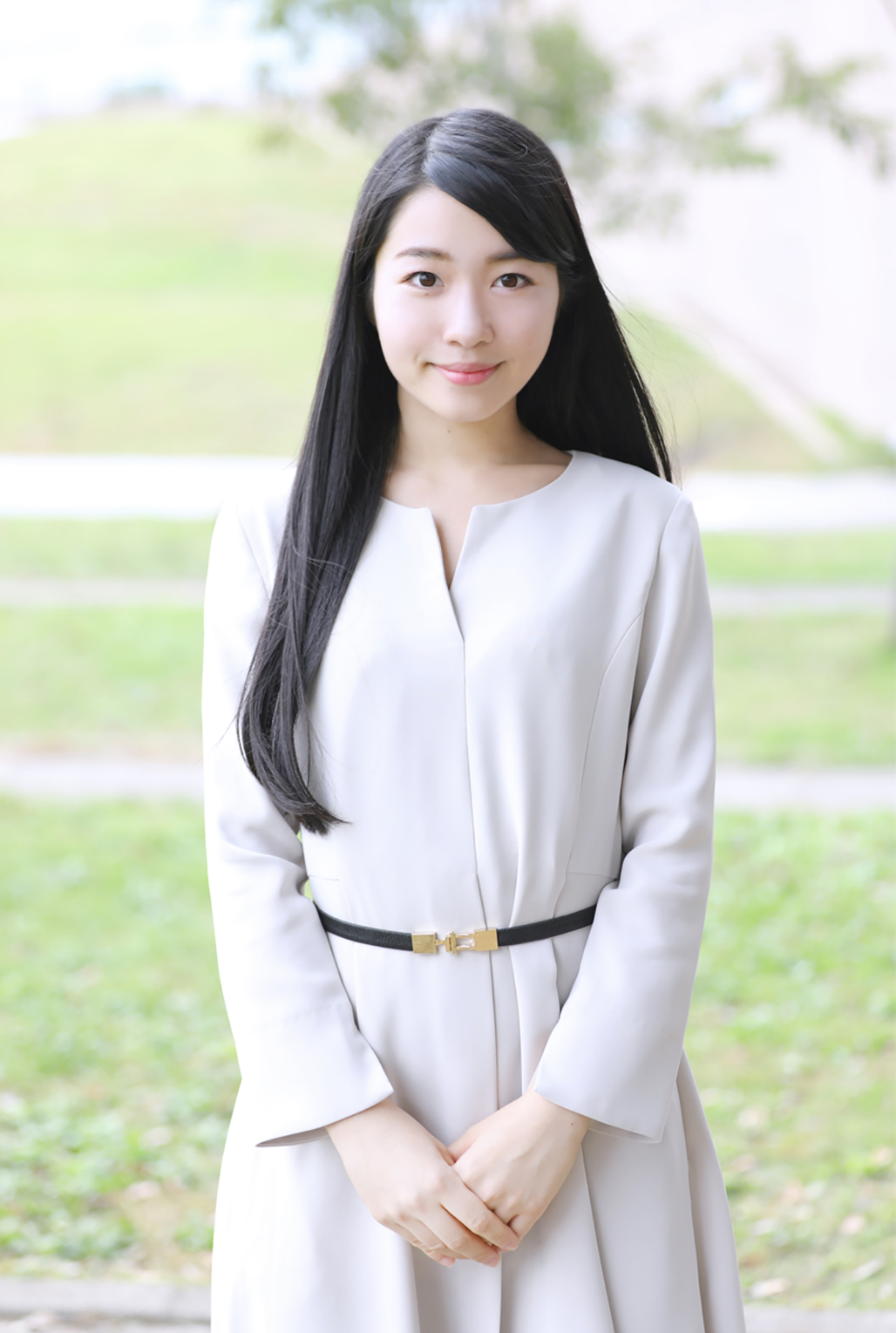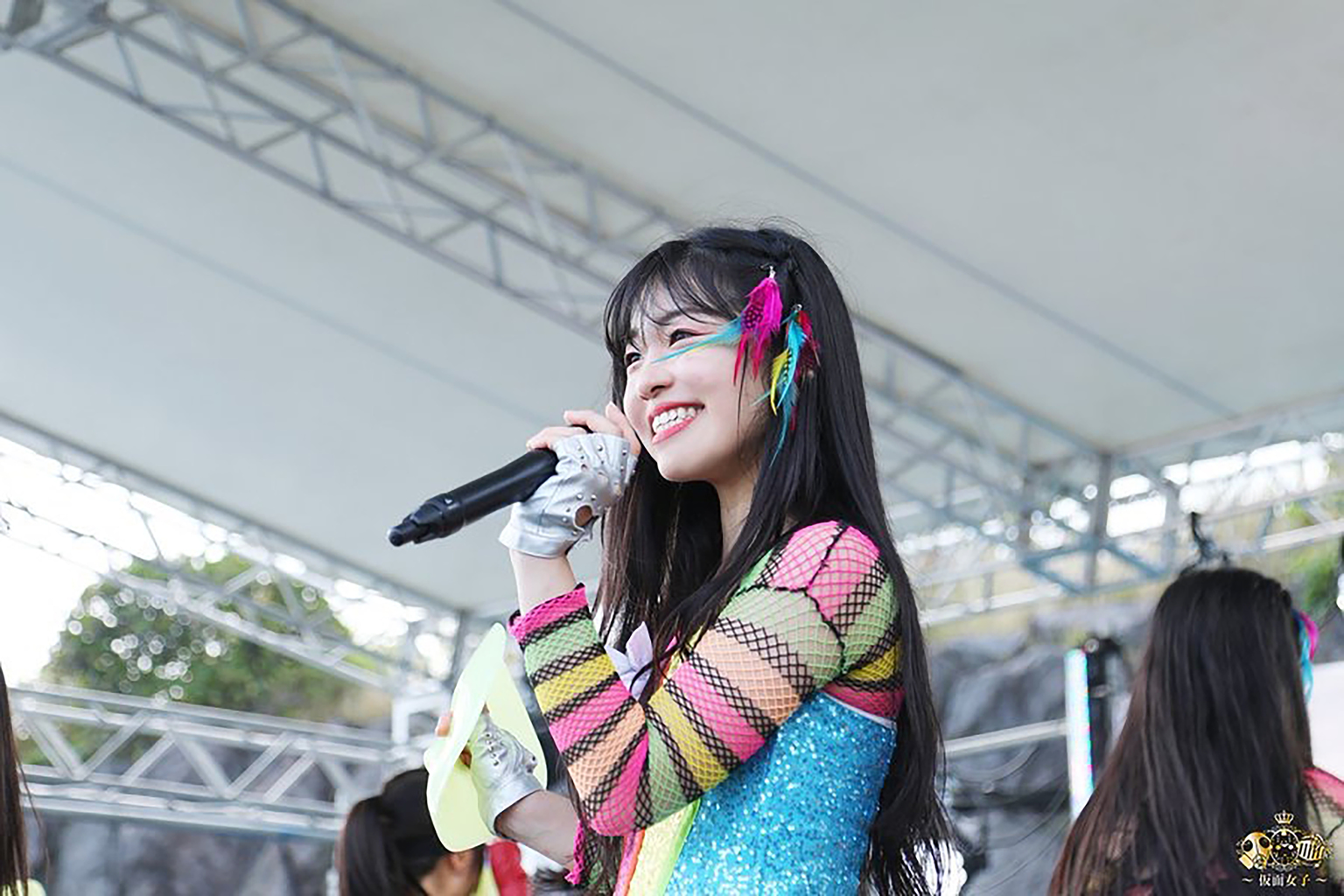“The Japanese government is still dominated by an old boys’ club and that is something that has to change,” says Councillor Yuki Hashimoto, who earlier this year became the youngest Diet member of the Shibuya City Assembly. A 26-year-old former pop idol with the all-female group Kamen Joshi, she doesn’t look like your typical politician and is subsequently an easy target for cynical passers-by when she’s campaigning outside train stations. Rather than letting any disparaging remarks get her down, however, the Tokyo University graduate prefers to use them as motivation.
“I’m often told that I’d be better off spending my time at home or out looking for a husband”
“Many people come up to me, both men and women, to ask why I am bothering to do this,” Hashimoto tells TW. “I’m often told that I’d be better off spending my time at home or out looking for a husband. It’s not just people on the streets, either. Last month, I was at an assembly meeting and we were discussing the pension problem in Japan. One older politician suggested that the situation wouldn’t be so bad if people like myself focused more on having children. You read about comments like that in newspapers, but it was a shock to hear it directly. These kinds of attitudes are still clearly prevalent in the government and Japanese society as a whole. From childhood, we’re brainwashed into believing there are specific roles for different sexes. These old-fashioned views are shameful, but it just makes me more determined to succeed as a politician.”

Hashimoto cites last year’s admissions misconduct by several medical schools as an example of the institutional barriers faced by women when pursuing work in fields that have traditionally been monopolized by men. Nine universities in Japan with faculties of medicine were found guilty of manipulating exams to favor men and relatives of alumni. Tokyo Medical University, where the scandal first erupted, said it was concerned about women taking long periods of leave after childbirth, which would lead to a shortage of doctors. Juntendo University, meanwhile, claimed that it deliberately made interviews harder for females because they were more mature and therefore had a natural advantage. The revelations came five years after Prime Minister Shinzo Abe vowed to “build a society where women could shine.”
Abe’s “womenomics” agenda included goals to boost the female labor participation rate while also targeting 30 percent female representation in leadership positions across the country. As a result of these policies, the number of working women has increased to a record high, however, in many cases, the employment is precarious with few benefits. The ratio of females in management positions remains low while the disparity in wages between the two sexes here is the second highest amongst OECD members. In 2018, Japan ranked 110th out of 149 nations in the World Economic Forum’s Global Gender Gap Index, and 165th out of 193 countries in terms of female parliamentary representation.
“When it comes to gender equality, there have been a few positives, but in general, I don’t think much progress has been made over the past six years”
Attempting to redress the imbalance, the Act on Promotion of Gender Equality in the Political Field was promulgated and implemented in May 2018. Though imposing no legal obligations, it requires parties and groups to do what they can toward achieving equality in the Diet and local assemblies. In the nationwide local elections held in April, a record number of females secured mayoral (6) and assembly (1,239) seats, while a total of 104 female candidates ran in the recent upper house election, another all-time high. Not exactly groundbreaking numbers, but is it a sign to suggest things might be changing?
“I hope so,” says Hashimoto. “When it comes to gender equality, there have been a few positives, but in general, I don’t think much progress has been made over the past six years. The prime minister is good at using statistics to back up claims that womenomics has been a success and it’s true there are more women in employment and more females running for office, however, when you look below the surface, you realize his words are fairly shallow. There are still many hurdles for women. Too many Japanese politicians are old-fashioned in their way of thinking. I believe we need more diversity in the government. Not just an increase in the number of females, but also members of the LGBT community, people with disabilities and other groups, so voters have more options.”

Hashimoto’s own path into politics was an unusual one. She spent nine years as an idol, starting out at the age of 17 when she signed with the agency Alice Project. She performed with the masked band, Kamen Joshi, the first independent female artists to have a number-one single in the Oricon weekly chart, as well as its affiliated groups, Alice Juban and Steam Girls. During her time as a pop star she majored in psychology at Tokyo University, studied politics in an open university program, and attended Kibo no Juku (Academy of Hope), a political school opened by Yuriko Koike with seminars taught by guest lecturers and the Tokyo governor herself.
“At that point, I wasn’t thinking about becoming a politician,” recalls Hashimoto. “My goal was to learn about politics so I could express myself better and talk about a wider range of topics when being interviewed for the group. Things changed last year after [fellow band member] Tomoka Igari had an accident. She was on her way to meet us for a dance lesson when she was hit by a signboard that fell due to strong winds. It left her paralyzed from the waist down yet within four months she was back performing with us again. The courage she displayed was inspiring. It got me thinking about what I could to help empower those who have disabilities or who suffer from hardships.”
She decided to join Atarashi-to (New Party), a forward-thinking liberal organization made up of young members that became the first-ever political party in Japan to be established through crowdfunding when it launched last October. Unable to devote her time to both politics and music, Hashimoto officially left Kamen Joshi before being elected as a Councillor for the Shibuya Ward Assembly on April 22, 2019.
“Shibuya’s a special place that attracts millions of visitors, but the time is right for a revamp”
One of Tokyo’s most famous and vibrant districts, Shibuya is currently being re-engineered as an entertainment and business center for the 21st century. The redevelopment project includes the Shibuya Scramble Square, a 230m-high multipurpose skyscraper located directly above the station that is due to open in November. The second phase of construction is scheduled for completion in 2027.
“Shibuya’s a special place that attracts millions of visitors, but the time was right for a revamp,” says Hashimoto. “For all its charm, the main station was difficult to navigate and as a result, much effort has gone into improving passenger flow. We feel Shibuya can become the most advanced district in all of Japan, however, we know there’s still much to be done. As an area, it’s too dirty and there’s a lot of graffiti, for which there should be a reporting system. In terms of business, great strides have been made with many startups coming here, though, I feel we need to invest even more in young companies. Too much protection is given to major corporations in this country which makes it harder for emerging businesses.”
“I would also like to encourage young Japanese people to get involved in, or at the very least, show some interest in politics,” continues Hashimoto. “Discussing anything political here is almost seen as taboo amongst my generation which is strange because it’s connected to our futures. We need more individuals talking about key issues and going out to vote. If they don’t, nothing will change. I know I am inexperienced and naive and have so much to learn, but that doesn’t mean I should just sit back and let my seniors dictate everything. No matter what our age, gender or cultural background, we all have the right to have our say.”









